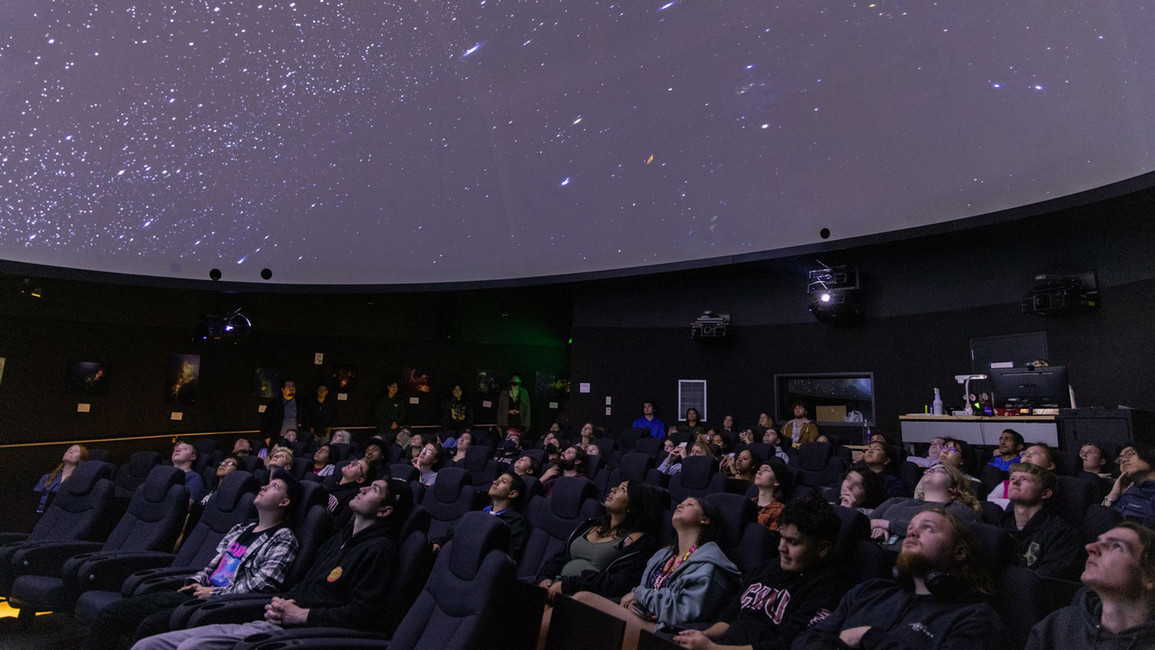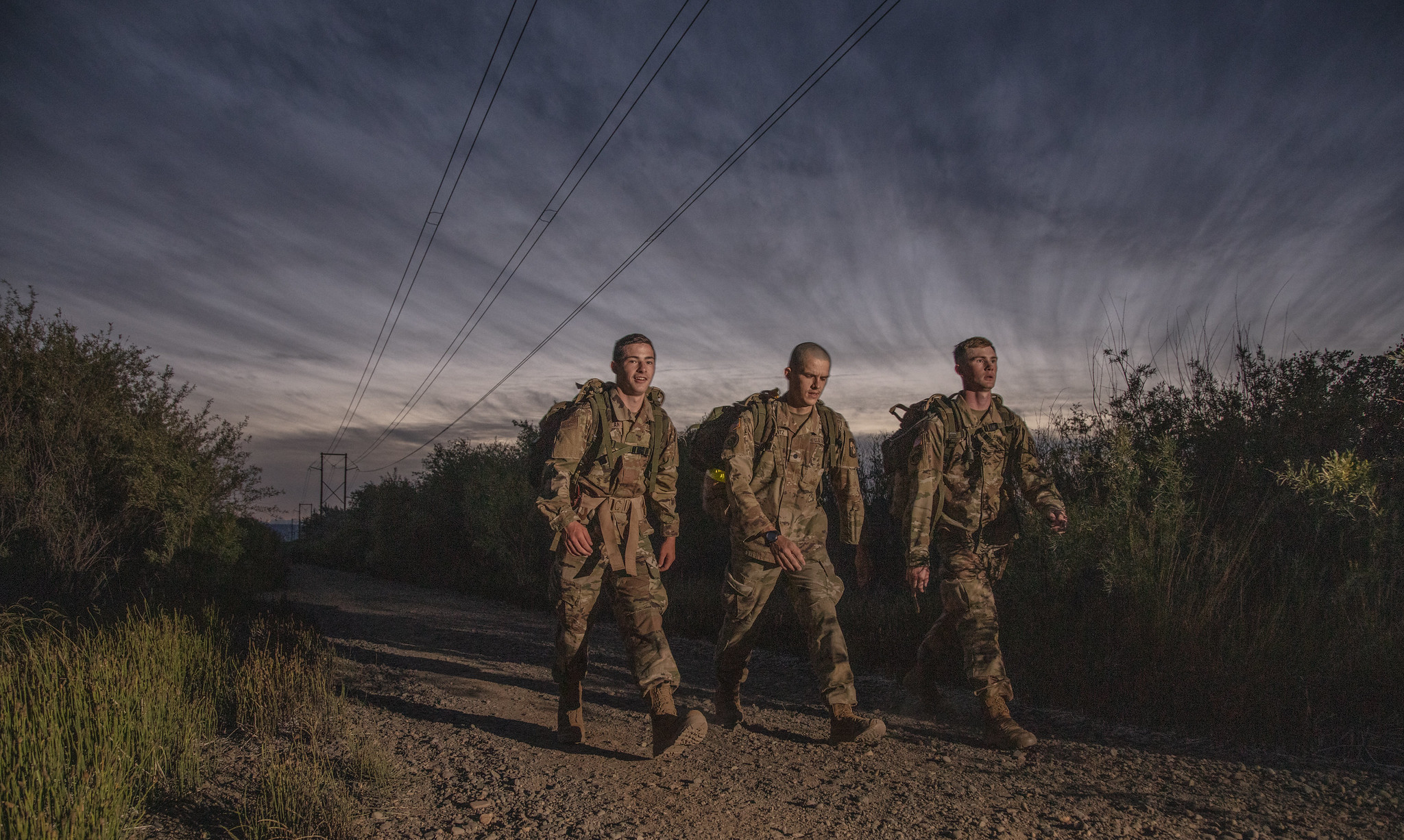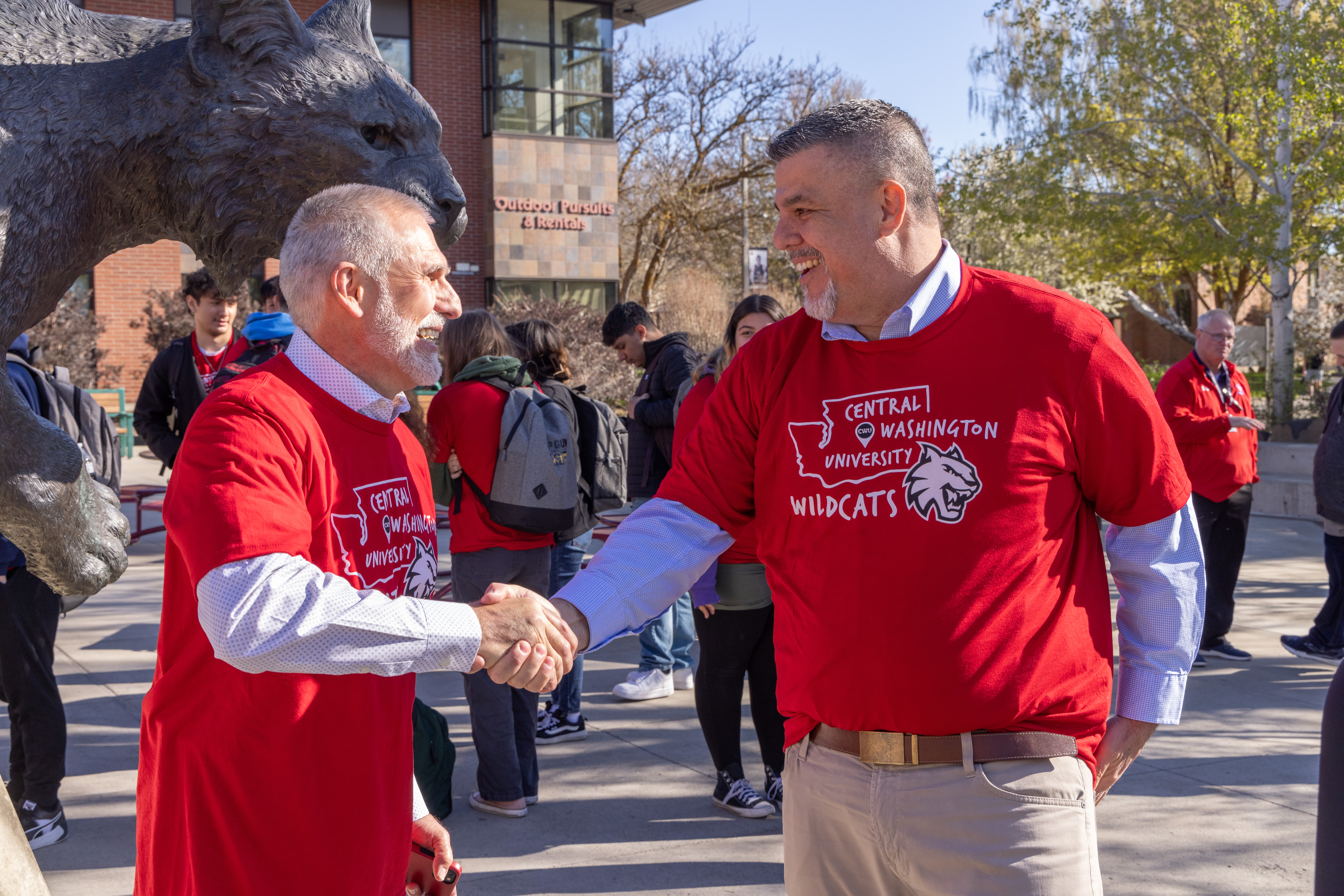
Physics
Welcome to the Department of Physics
The Physics Department at CWU is a dynamic community captivated by the world of physics and astronomy.
About the Physics Department
Whether you are interested in a career in research, education, engineering, biotechnology, science writing, or other STEM careers, now is the time to embark on your Physics degree at CWU. Let us guide your exploration of the universe and build a foundation for an extraordinary future.
Observatory
Breakdown of Central Washington University Observatory
Faculty Resources
Breakdown of Department Forms
Student Resources
Resources for students within the Physics department.
Why Study Physics at CWU?
At CWU, we take pride in our new building, purposefully designed with fully equipped teaching and research spaces to enhance your degree.
The building includes features such as a digital planetarium, a 24-inch telescope-equipped observatory, and specialized lab spaces for Biophysics, Low Temperature Physics, Computational Physics, Acoustics, Optics, and Electronics. We also support several distinct career-focused degree tracks that provide an on-ramp to careers in Engineering, Medical Physics, Astronomy, and STEM teaching.
In addition, we feature:
- Research integrated directly into our curriculum
-
Small classes taught by award-winning faculty
-
Industry partnerships connecting you to regional STEM career opportunities
- Nationally-recognized physics and astronomy clubs active in community outreach
Degree Options
Undergraduate
- Physics, BA
- Physics, BS - Biophysics Specialization
- Physics, BS
- Dual-degree Physics and Engineering Program
Minors and Certificates
Learn more about our degree options through our Program Finder.
Admissions
For general university admissions information, contact the Office of Admissions. For advising information, contact the Academic Advising Center.
The Labs
Observatory
The CWU Observatory is located on a vibrationally isolated tower accessible from the roof of the Science II building. The observatory provides astrophysics research opportunities and hands-on training for undergraduate students led by Professor Cassie Fallscheer, as well as observing experiences for the general public.
Planetarium
The Lydig Planetarium is a fully digital planetarium used for lectures and shows. Shows are offered by the CWU astronomy club as part of their Star Party outreach events and by members of the community. Collaborate with Professor Bruce Palmquist to develop and lead planetarium shows.
Planetary and Space Physics Lab
CWU students working with Professor Darci Snowden can develop computer models of planetary atmospheres or gain hands-on skills designing and launching rockets. Opportunities at CWU to explore careers in the aerospace industry include the NASA Student Launch, NASA eclipse ballooning project, and the K-12 level Northwest Earth and Space Sciences Pathways (NESSP) program led by Professor Snowden.
Acoustics Research Lab
CWU has its own Anechoic Chamber to conduct research on sound. Led by Professor Andrew Piacsek, students can model sonic booms from maneuvering aircraft, measure wind turbine noise, and investigate musical instruments.
Biophysics Lab
In the Biophysics Lab, students use live-cell fluorescence microscopy, molecular biology, genetics, and computational modeling to uncover the physics of living systems. Professor Nathan Kuwada and Professor Erin Craig lead student research opportunities in the rapidly growing field of Biophysics.
Condensed Matter Lab
In the Condensed Matter Physics lab, students work with Professor Benjamin White to uncover the secrets of novel materials at very low temperatures. Research in this lab reveals fundamental quantum mechanical behavior and lays the groundwork for technological advances.
Optical and Atomic Physics Lab
In this lab, led by Professor Michael Braunstein, students get hands-on experience developing laboratory apparatus, instruments, electronic circuits, and software to investigate cutting-edge physics at the atomic scale. High-resolutions experiments are used to probe the fundamental nature of interactions between light and matter.
Medical Physics Lab
Medical Physicists in Washington State and around the world apply the principles of modern physics to medical applications. In this new lab at CWU, led by Visiting Professor Miron Zaini, CEO and President of Northwest Medical Physics Center, students build and test an electron accelerator modeled after devices used in radiation treatment of cancer patients.
Questions? Contact Us
Department of Physics
400 E. University Way
Ellensburg, WA 98926-7422
CWU News

CWU Army ROTC to host nighttime Norwegian Foot March this Friday
May 1, 2024
by Rune Torgersen

Grant-funded Limitless network brings Yakima students to CWU
May 1, 2024
by Rune Torgersen

Economic Outlook Conference to be held Monday on CWU campus
May 1, 2024
by University Relations